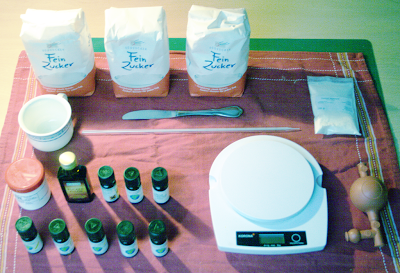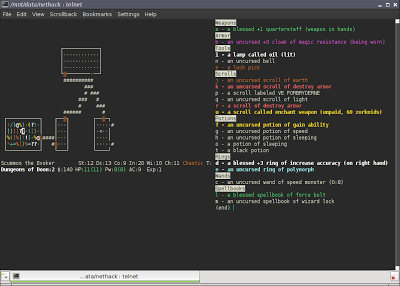Recovering a broken GRUB2 setup
Along with all the strange changes grub2 introduced (like not having an editable menu.lst file any more), it also provides a grub2-install command which works without having to do 25 other things manually (to be honest, I was never quite able to run grub-install from grub 1 successfully). Here’s how you recover your broken bootloader using a live disk: 1. Boot the live disk It doesn’t matter which one, and […]


